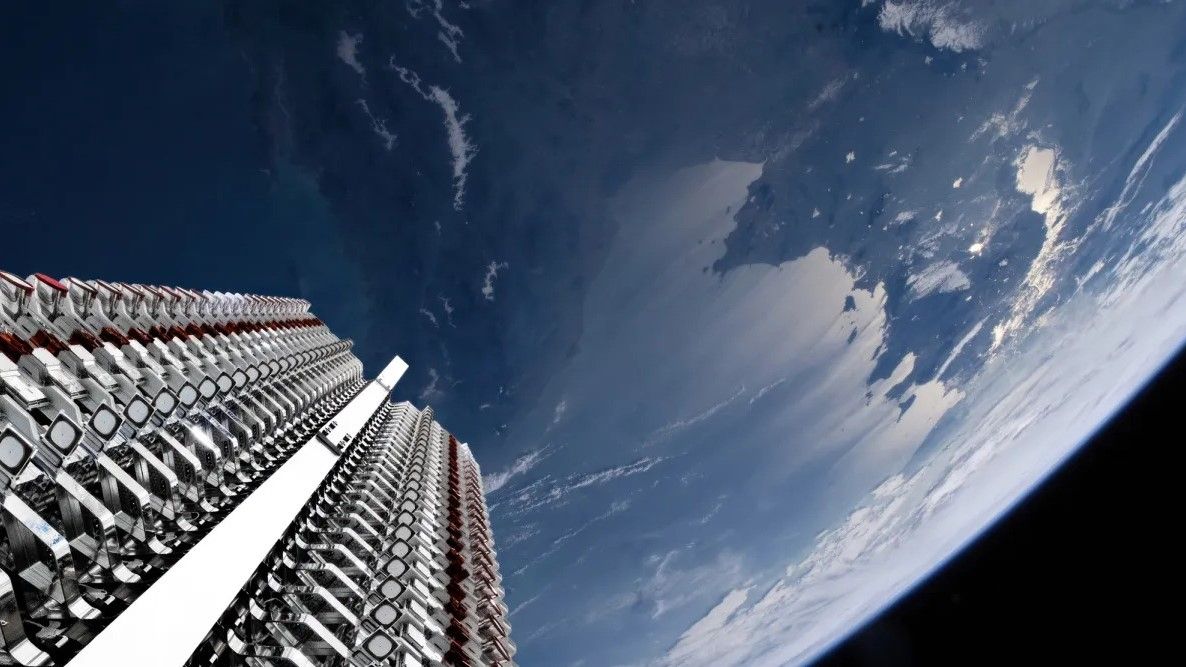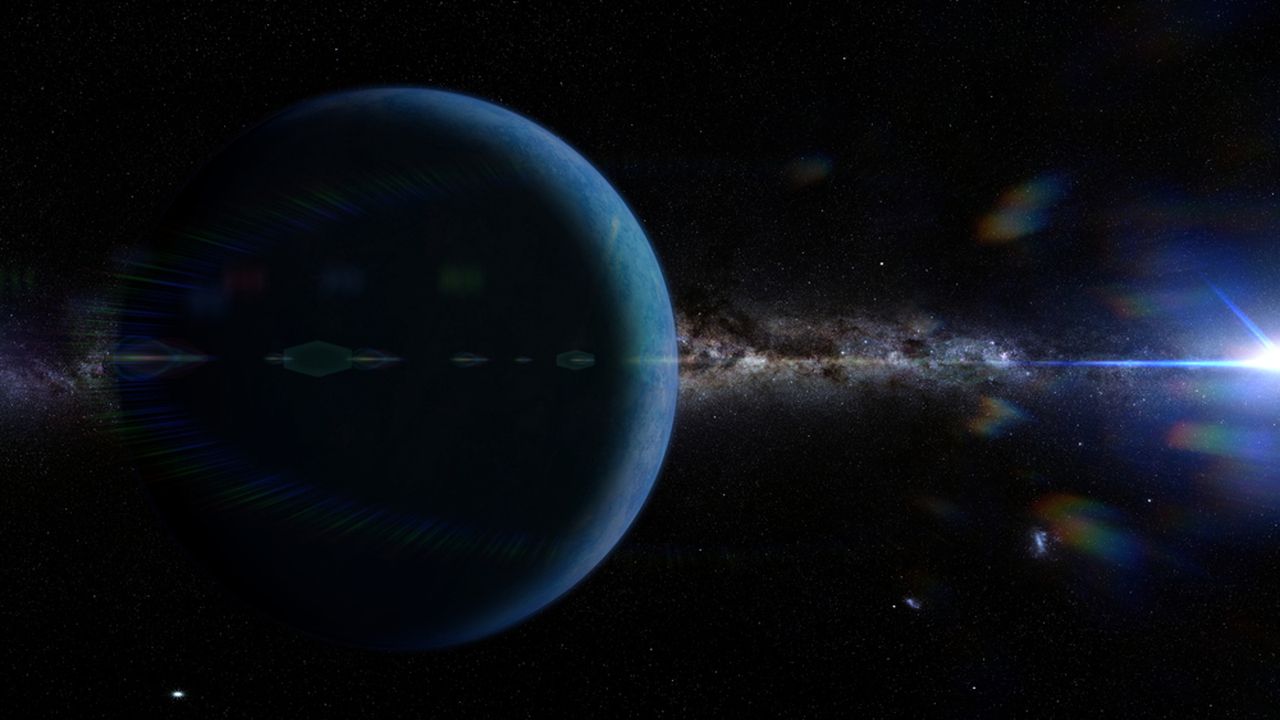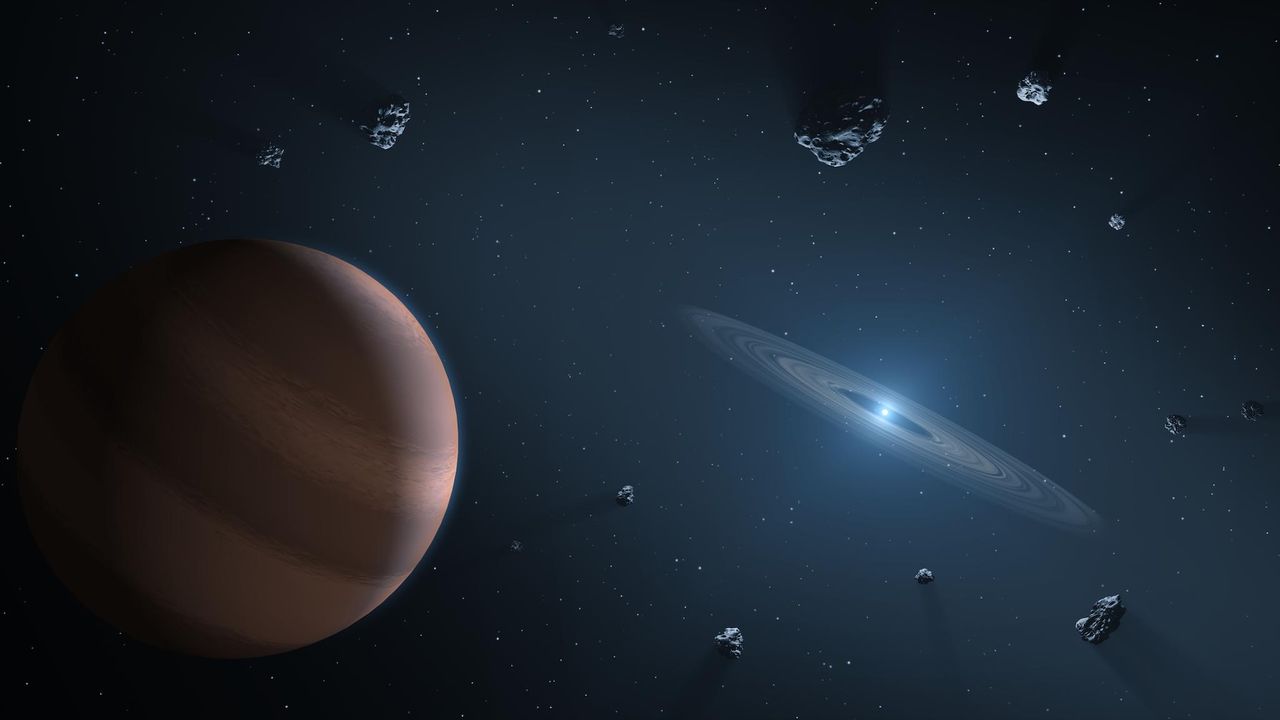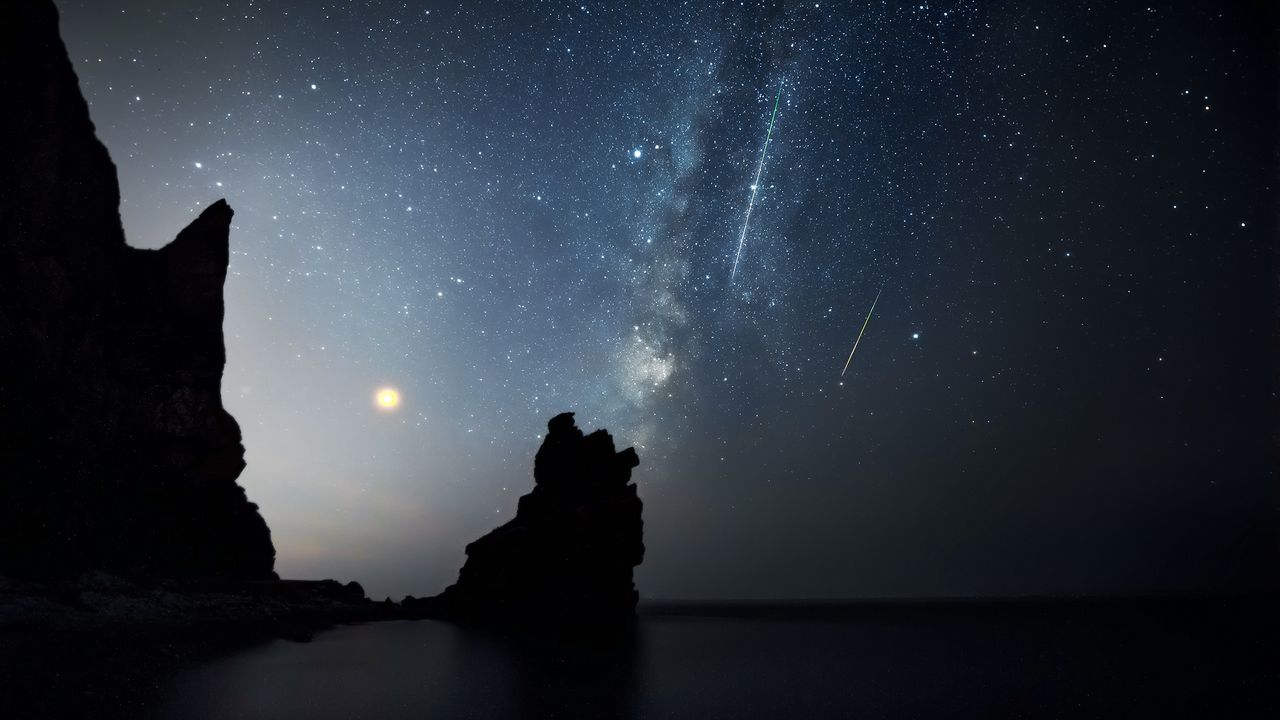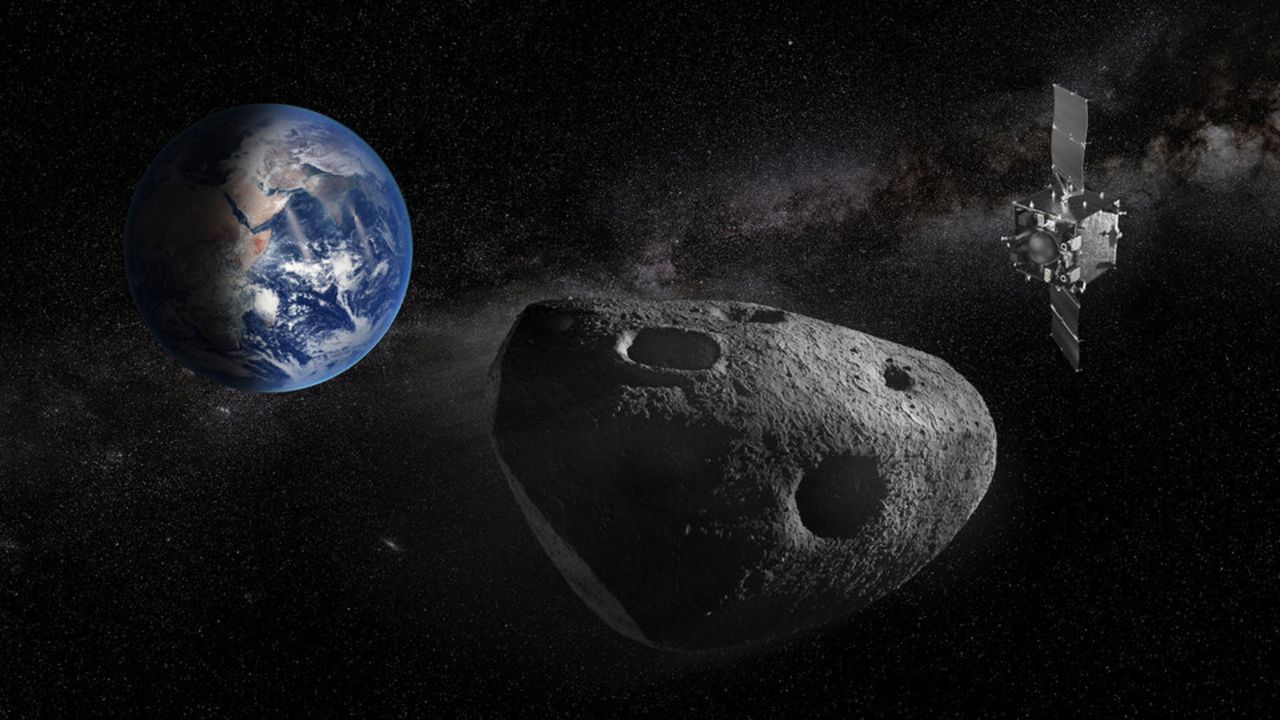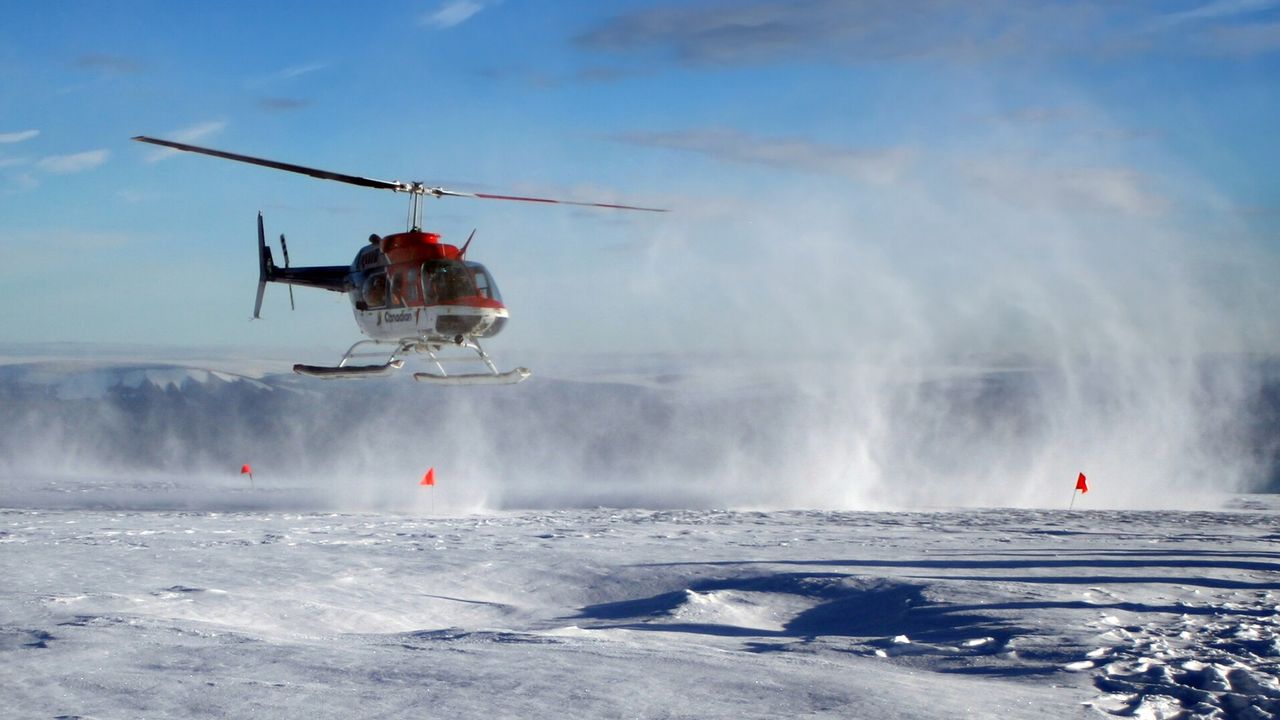$100,000 quadrillion asteroid Psyche may be the product of metal volcanoes, study hints
PositiveScience
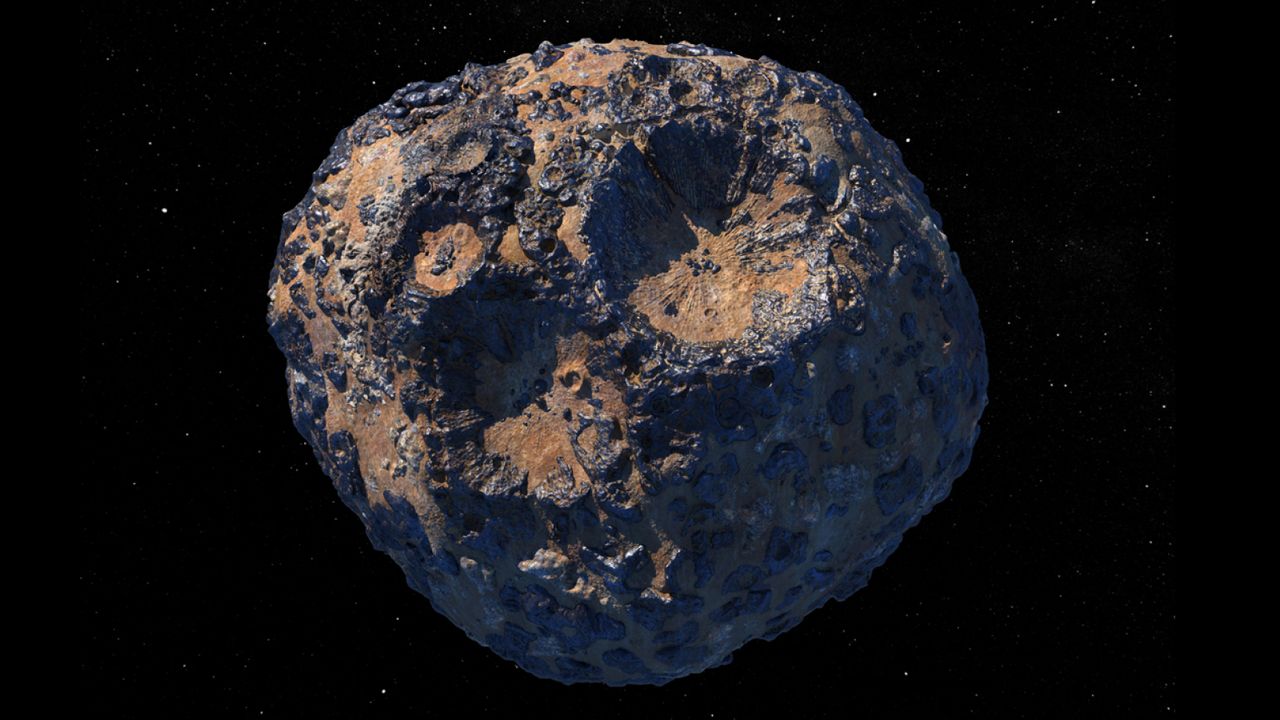
A recent study suggests that the asteroid Psyche, valued at an astonishing $100,000 quadrillion, may have experienced eruptions of molten iron and nickel, similar to metal volcanoes. This finding is significant as it could reshape our understanding of the asteroid's composition and origins, particularly if it shares chemical similarities with metal-rich meteorites. Such insights not only enhance our knowledge of celestial bodies but also fuel interest in space exploration and the potential resources they may hold.
— Curated by the World Pulse Now AI Editorial System
